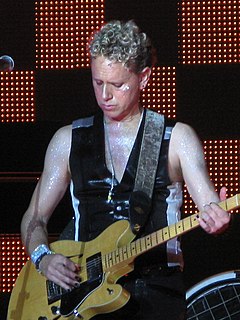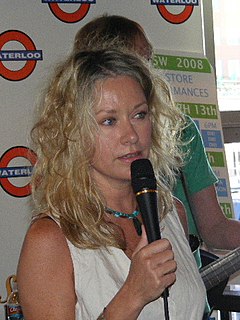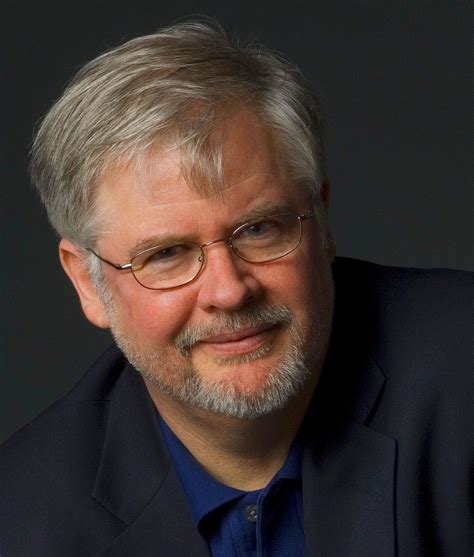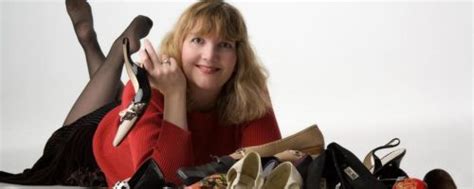A Quote by Claire Messud
When I am teaching, I first give out Tolstoy's 'Childhood,' his first published book. It is so transparent. It gives you exactly what it was like to be on a Russian estate in 1830. You are there. And that is the hope when you sit down and write still, I think - that you can transmit something of what life is like now.
Related Quotes
When Emily Dickinson's poems were published in the 1890s, they were a best-seller; the first book of her poems went through eleven editions of a print run of about 400. So the first print run out of Boston for a first book of poems was 400 for a country that had fifty million people in it. Now a first print run for a first book is maybe 2,000? So that's a five-time increase in the expectation of readership. Probably the audience is almost exactly the same size as it was in 1900, if you just took that one example.
Write what you want to read. So many people think they need to write a particular kind of book, or imitate a successful style, in order to be published. I've known people who felt they had to model their book on existing blockbusters, or write in a genre that's supposed to be "hot right now" in order to get agents and publishers interested. But if you're writing in a genre you don't like, or modeling yourself on a book you don't respect, it'll show through. You're your first, most important reader, so write the book that reader really wants to read.
If you don't like my book, write your own. If you don't think you can write a novel, that ought to tell you something. If you think you can, do. No excuses. If you still don't like my novel, find a book you do like. Life is too short to be miserable. If you do like my novels, I commend your good taste.
When I sit down to write, which is the essential moment in my life, I am completely alone. Whenever I write a book, I accumulate a lot of documentation. That background material is the most intimate part of my private life. It's a little embarrassing - like being seen in your underwear It's like the way magicians never tell others how they make a dove come out of a hat.
About a year after (my stories began being published), magazine editor George Scithers, suggested to me that since I was so new at being published, I must be very close to what I had to learn to move from fooling around with writing to actually producing professional stories. There are a lot of aspiring writers out there who would like to know just that. Write that book.SFWW-I is that book. It's the book I was looking for when I first started writing fiction.
The first several scenes are about sexual addiction. They're not specifically political at all... I didn't sit down and think, ''I am going to write something about the religious right.'' I started out by writing something about sexual addiction, and it evolved... I don't look at a calendar and say: ''Oh! There's going to be an election in 1996. I think now, in 1993, I'll start writing a play that'll be ready for it.''
When I wrote the first Betsy book, 'Undead and Unwed,' I had no idea, none, that it would be a career-defining, genre-defining book, the first of over a dozen in the series, the first of over 70 published books, the first on my road to the best-seller list, the first on my road to being published in 15 countries.






































